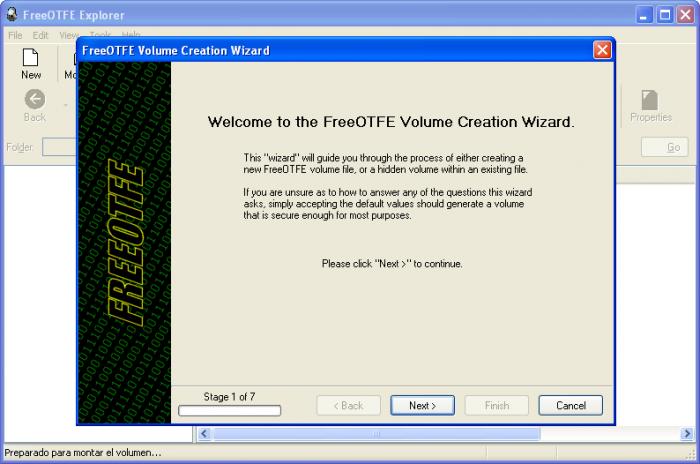The USB flash drive is a very common storing device, cheap and it’s not unusual for a person to own more than one, even with larger memory capacities.
And with so many large memory capacities available, you can turn your storing medium into a veritable Swiss army knife of digital documents, photos, music, videos, apps, tool and utilities. And no matter what programs are installed on the host computer, with these tools and apps you can make your web browsing safer, you can check your e-mail or edit your photos. You can even build your own portable fix-it apps suite if your friends or neighbours ask you to help them with a plagued computer.
So what should we keep on our USB sticks, what is essential?
1. Safe web browsing
In case you didn’t know already, both Chrome and Firefox web browsers have portable versions. You can download and install them onto your USB flash drive, add your favourite add-ons and extensions like NoScript, Xmarks and Lastpass, to block malicious behaviour and synchronise all your needed bookmarks.
The great thing about running the browser from your USB stick is that no cookies, browsing history or temporary password files will be stored on the host computer. This is ideal if you’re not at home, at an Internet café maybe, and you don’t want people to know what pages you were looking at or to leave some site passwords stored in an unknown hard drive.
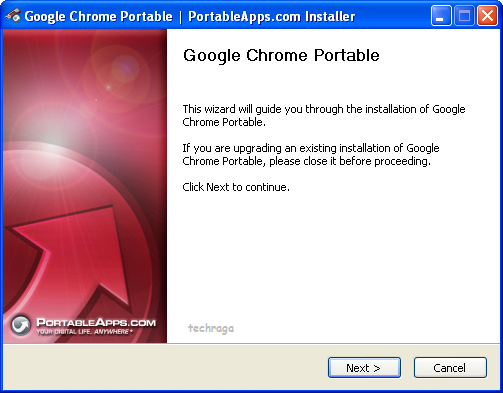
2. Safe manage of passwords
You can find on the web a few online passwords store services like LastPass. But if you prefer not to use these types of services, if you are not totally sure about them, KeePass is a very useful free password manager, secured with a single master key.
With KeePass you can add in its database almost any important serial numbers, bank cards PINs, e-mail connection details, usernames, passwords and so on. The only aspect you must consider is to make your encryption password that protects the database suitably strong, but easy to remember when in the hurry.
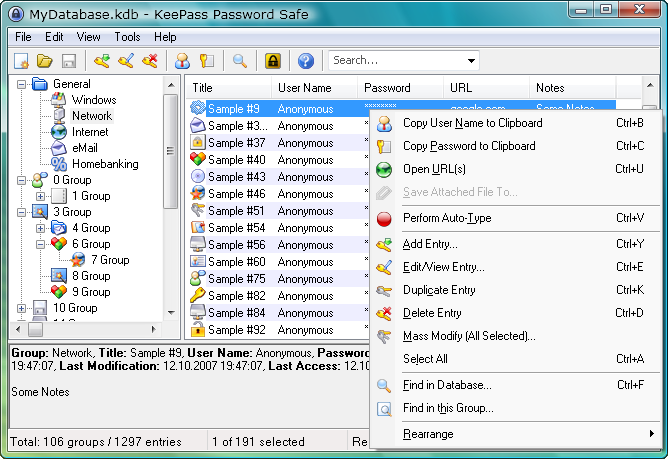
3. Zip it up
Yes, Windows can manage zip files, but, let’s face it, this is a pretty basic compression utility. And it can only open .zip files. So, if you need to open or manage other compressed files it won’t help you much.
7-Zip is a much better desktop archiving tool and it has a portable version too. 7-Zip can manage a lot of archive formats that include the usual ZIP, RAR, GZIP, TAR and also, CAB and ISO. In addition, it has the option to encrypt your archives for increased data security.
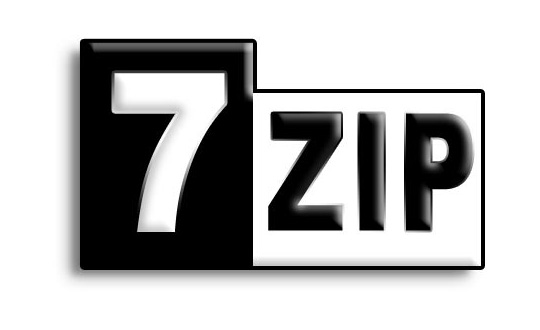
4. The office away from home
Most of us are using the cloud and application services from providers like Google, Google Drive and Docs, or Microsoft, the Microsoft SkyDrive, when away from office or home. But if you don’t have an internet connection, you will need a portable Office application.
We can recommend OpenOffice.org and LibreOffice, apps that come with all the features needed to work with your documents. They are fully compatible with Microsoft Office, are open source, which means they are free, and so are their upgrades, free.
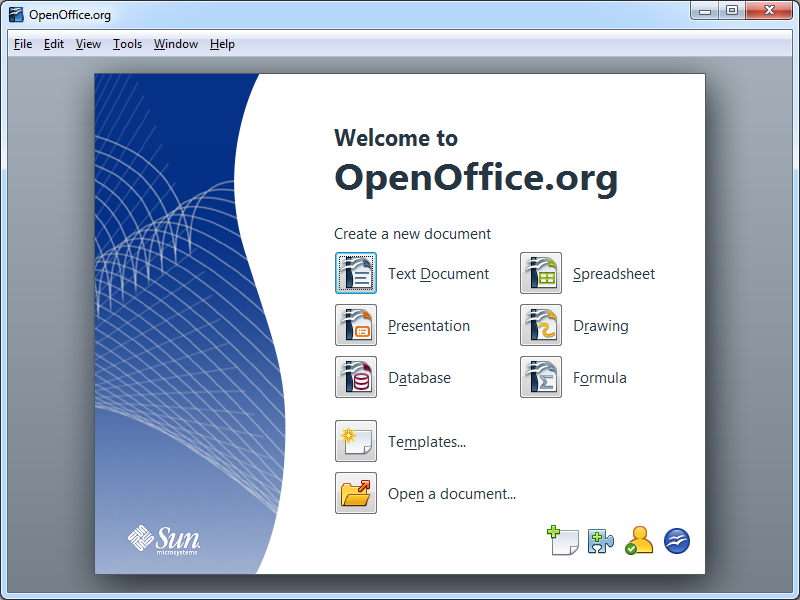
5. Picture it
If you have just transferred photos from the smartphone to the computer, you may need to edit some of them and Paint is not the best app to do this job. We all know this.
The Gimp is a powerful open source image editor that can easily compete with Adobe Elements. Plus, it’s portable. Just download it and start colour correcting, cropping, resizing or masking your photos.
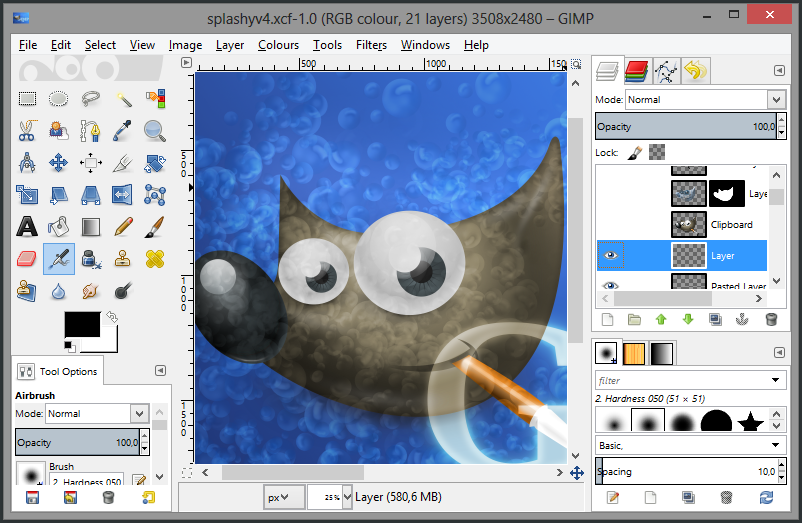
6. Entertainer
If you own a 64 GB USB flash drive, or one with a higher memory capacity, you can store all the music from your collection, plus some movies for entertaining. But there is no guarantee that the computer you will be using will have an adequate media player installed or the right codecs, for that matter.
That’s why we like and recommend VLC Media Player. It’s portable, can play almost any media formats and you don’t have to have any CODEC pack installed.
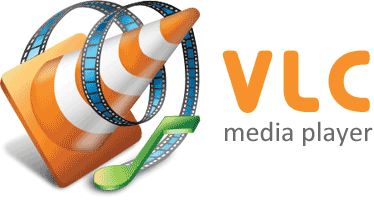
7. Data recovering
Windows’ Recycle Bin is like a second chance on file deletion. But many things may go wrong. The Recycle Bin option may be disabled so the files will be erased immediately and for removable or network drive there is no safety net. And if you need to recover some erased data, you will have to download and install more software, software that has the chance to overwrite the space of any file fragments that remain on the hard drive.
For this situation, we recommend Recuva. This tool is available for 32-bit and 64-bit operation systems, can recover images, documents, deleted e-mails, can restore even unsaved Word documents and attempt file recovery after formatting.
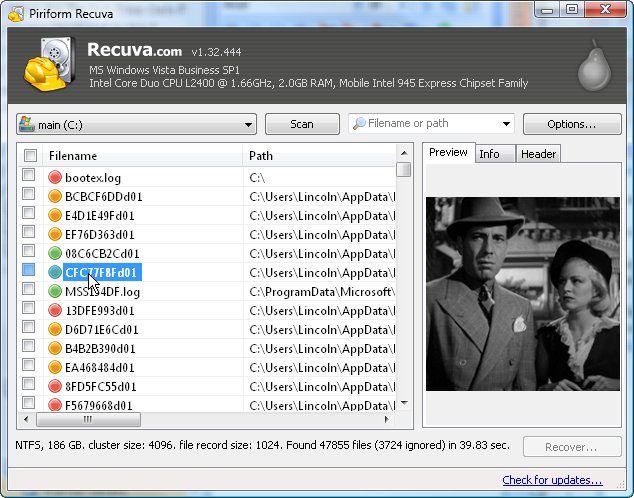
8. Viruses
Everyone should keep their computer free from viruses, but can you really trust anyone else’s computer? If you don’t want to take this risk, we suggest the open source CalmWin digital prophylactic.
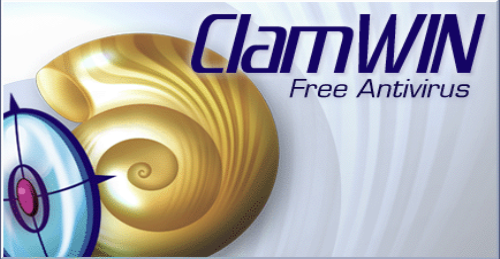
9. Spyware and Malware
Usually, spyware and malicious software are not the strong point of anti-virus programs. So use an all-clear software, especially before you have to do any sensitive browsing over the web, like Internet Banking.
Spybot Search & Destroy or Malwarebytes Anti-Malware are a couple of strong spyware and malware scanners and removers. With them you can even erase those tracking cookies used in web advertising.

10. Protect you stick
One of the biggest advantages and flaws of the USB flash drive is its size. These devices are so small that can get easily lost. So if you carry sensitive data make sure it remains private and protected.
FreeOTFE is an encryption tool which can be installed on your USB stick. It can encrypt and decrypt your files on the fly, but it requires admin rights on the host computer. If you don’t have these rights and data protection is an issue, you can always use the encrypted compressed files, described in the point 3 above.
